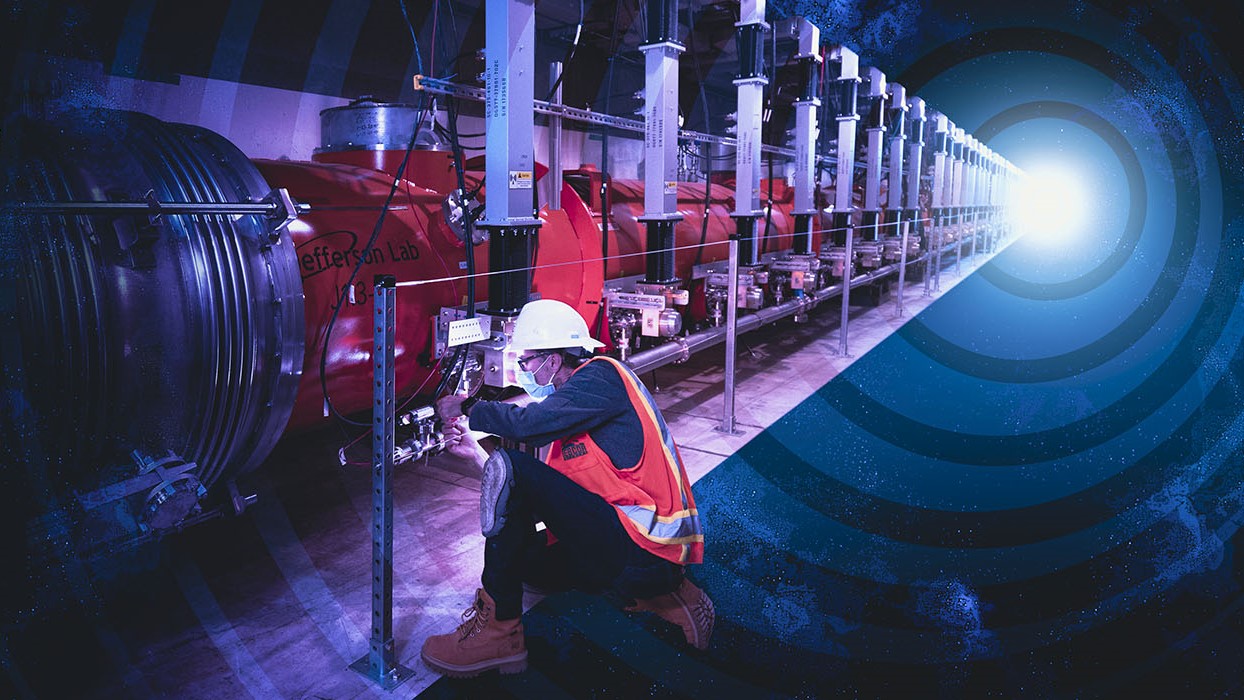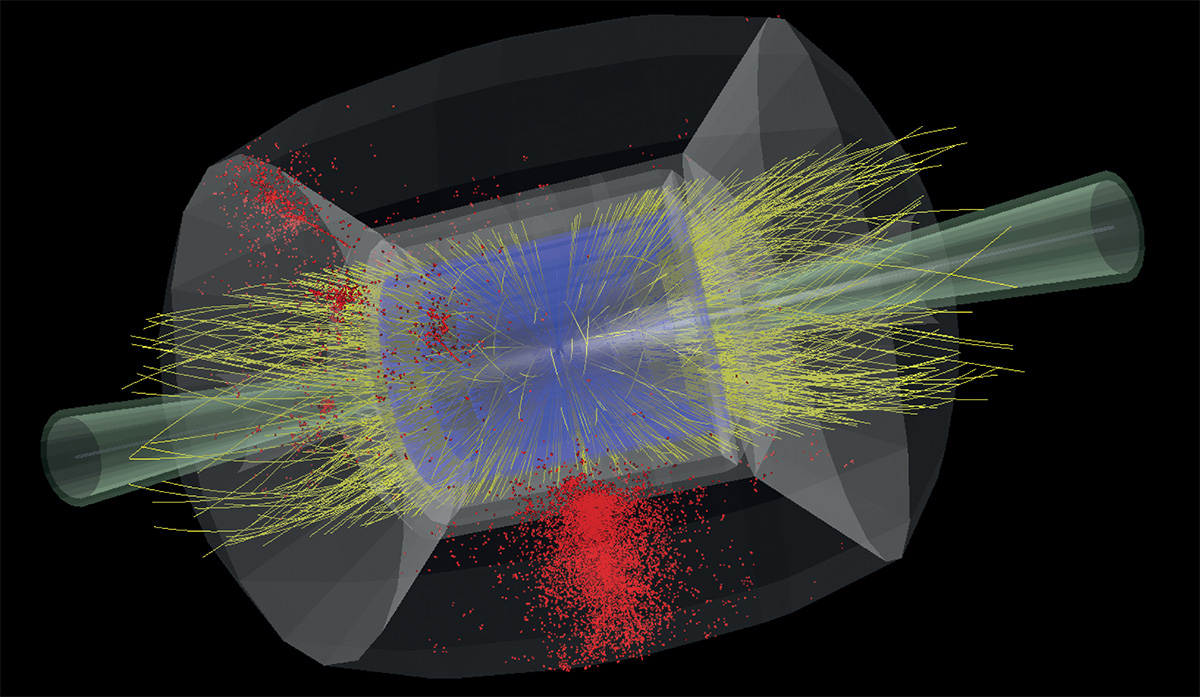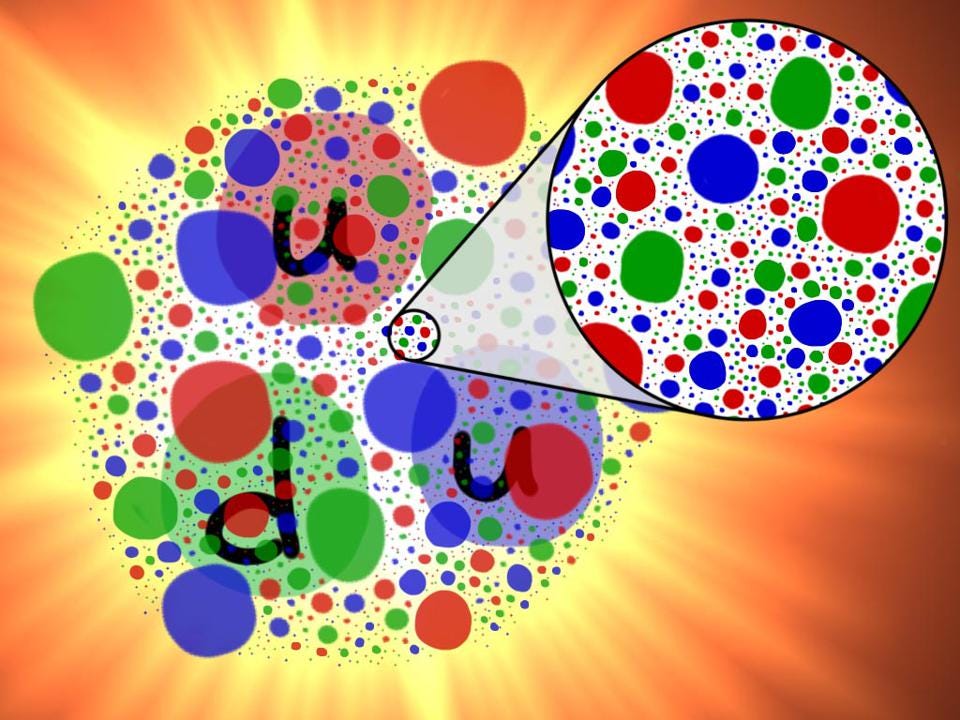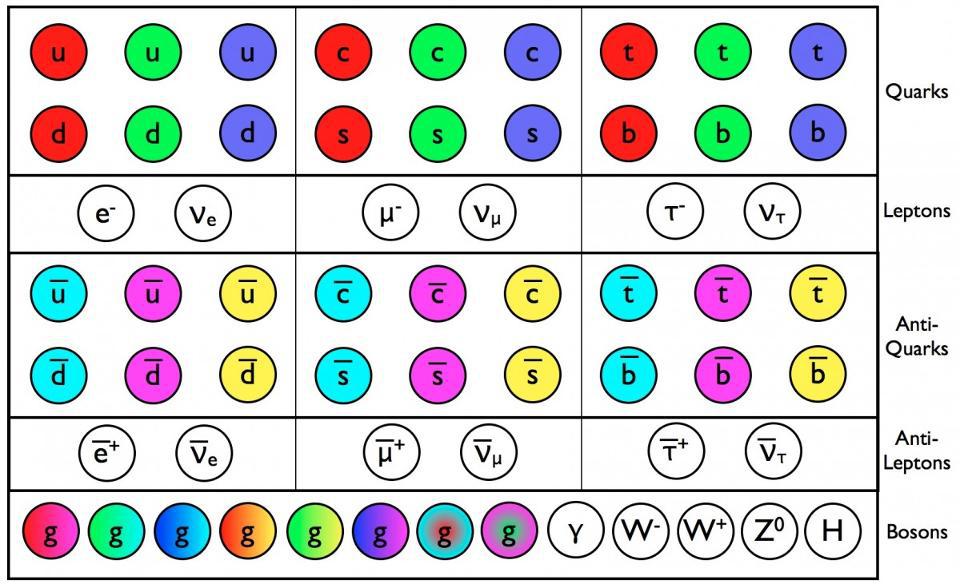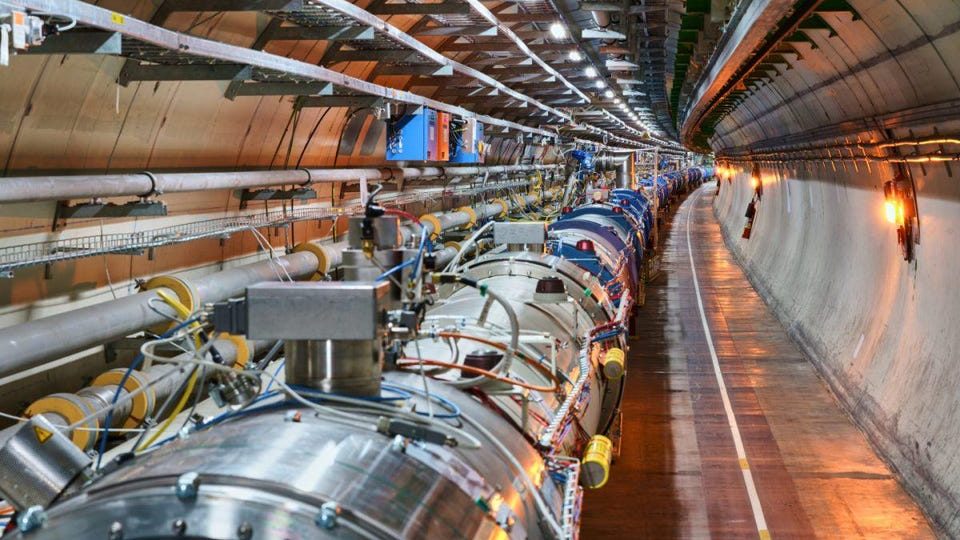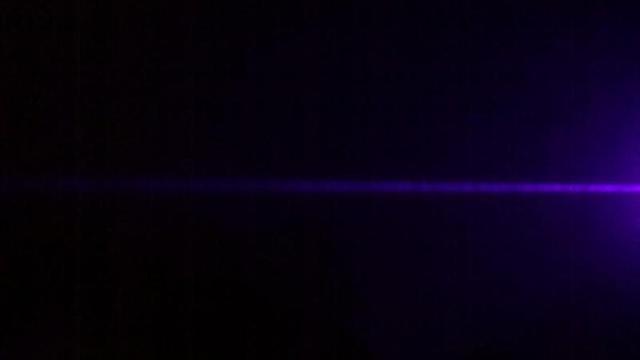Recreating the Big Bang
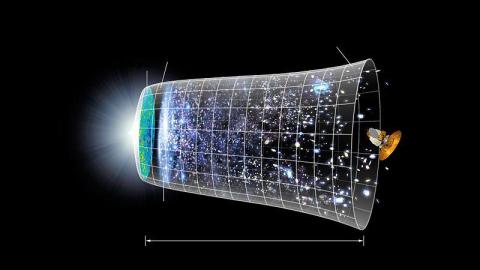
What’s the Latest Development?
In the coming four weeks, the Large Hadron Collider will begin smashing lead ions together at super-high speeds, creating extremely hot and dense conditions similar to those just instants after the big bang. “Lead ion collisions at the L.H.C. last year showed hints of producing a quark-gluon plasma, an exotic state of matter in which quarks—normally bound in pairs or triplets—are able to wander freely.” Until now, the L.H.C. has been hunting the Higgs boson, a particle believed to give mass to matter.
What’s the Big Idea?
Scientists want to get closer than ever before to the moment of the big bang and will obtain about ten times as much data this year compared to last. This will allow them to better study the rare quark-gluon plasma state in more detail. “They want to better probe how the behaviour of matter changes with temperature near the quark-gluon plasma state.” After it temporarily shuts down during the winter months to save energy, the collider will reopen next year with even more power in hopes of finding the Higgs boson.
